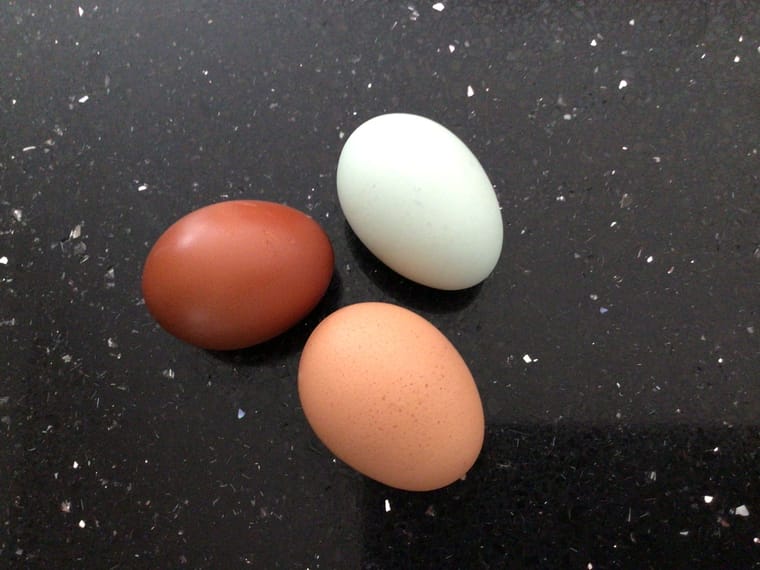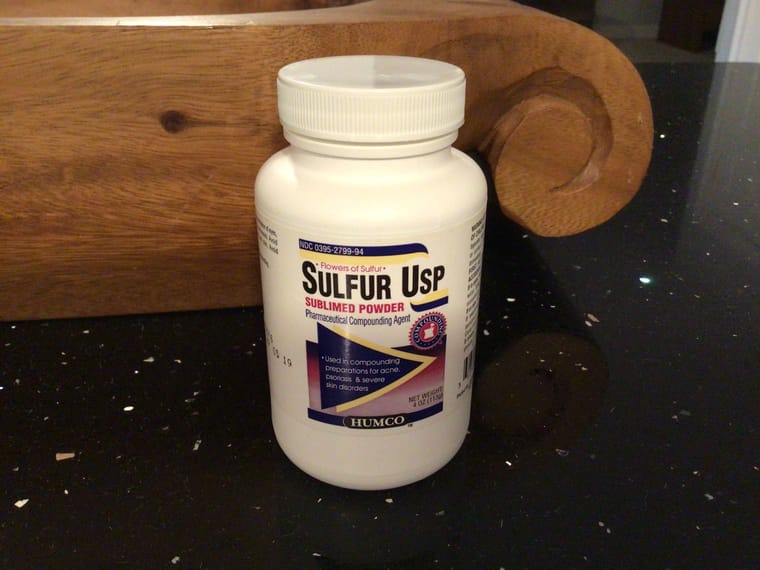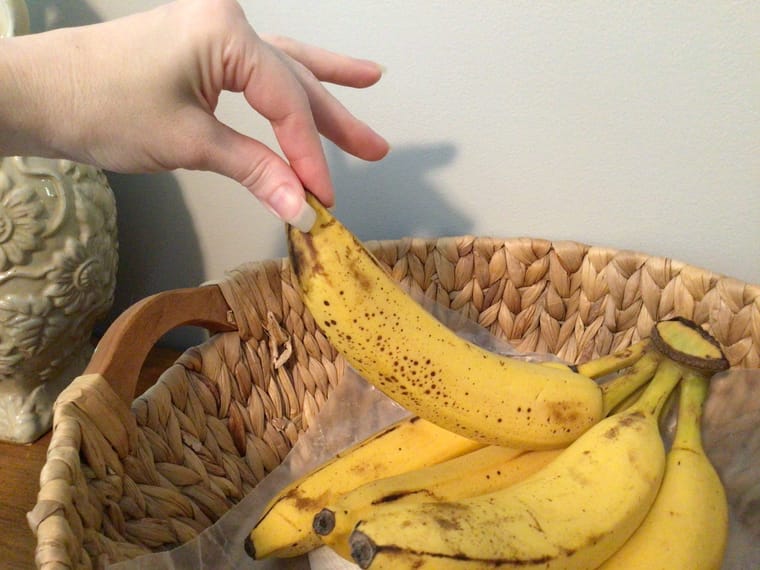@insufferable said in Bloodwork shows elevated TPOAb (Hashimoto's disease):
There is also a lot of iodine in dairy now, not for natural reasons, but because it is added to the cows' feed (often as ethylenediamine dihydroiodide), and because iodophor is used to disinfect milking equipment. There is iodophor in your milk!
In Denmark, 1 cup of milk has 27mcg iodine.
In Norway, 1 cup of organic milk in the summer (so the cows are probably eating pasture only) has 14 mcg iodine.
But in the US, 1 cup of normal milk has 84 mcg. (56% of the RDA)
Chickens are also given extra iodine in their feed (probably in the form of calcium iodate) and so 1 egg has 26 mcg iodine. (I don't know what the natural level for eggs is.)
Regarding iodine added to animal feed: "The iodine content of food of animal origin, if produced taking account of the currently authorised maximum content of iodine in feed, would represent a substantial risk to high consumers. The risk would originate primarily from the consumption of milk and to a minor extent from eggs. The UL for adults (600 µg/day) and for toddlers (200 µg/day) would be exceeded by a factor of 2 and 4, respectively." (Europe's upper limit is 600mcg apparently, but the USA's upper limit is 1100mcg)
https://www.efsa.europa.eu/en/efsajournal/pub/3100Maybe iodine naturally present in food isn't bad even in a moderate excess and there's something especially wrong with the "unnatural" types of iodine that they add to salt, animal feed, and that they use to disinfect dairy. Maybe the body attacks the thyroid, when the thyroid takes in these "weird" types of iodine.
I will definitely stop using iodized salt and see what happens on my next bloodwork. I'm considering stopping dairy (and eggs?) too.
What do you think? I've never heard anyone, mainstream or alt-health, talk about this! (aside from Ray being against too much iodine, but he must not have known about the milk)
If this helps ease concerns, I was diagnosed with Hashimoto’s and brought my elevated TPO level down on a (pastured) dairy-based diet. I was averaging daily at least 2 liters of milk, a few ounces of cheese and 2–3 eggs. The goats were given free choice minerals that contained kelp and in the spring would load up on it so much so that I could taste the kelp in their milk—it tasted fishy. Even still, my TPO level normalized. I’ve avoided iodized salt since before finding Ray’s work because of the anti-caking agents. I used a French Celtic salt by Eden and a sea salt by Jacobsen Salt Co., but now use Morton’s canning & pickling salt.



 In my experience, diet is quite individual, but the majority of people I’ve communicated with do best long-term on a diet abundant in all three macros. For me, a mix of all three macros from lighter, easy to digest foods pre and post workout help with not only my performance but also my recovery and overall health so fruit, eggs, shellfish (scallops and crab), bean curd, young coconut and coconut fat make up the bulk of my diet. Again, it’s quite individual but contrary to the current diet boogeyman—combining carbs and fat—I’m very healthy and lean.
In my experience, diet is quite individual, but the majority of people I’ve communicated with do best long-term on a diet abundant in all three macros. For me, a mix of all three macros from lighter, easy to digest foods pre and post workout help with not only my performance but also my recovery and overall health so fruit, eggs, shellfish (scallops and crab), bean curd, young coconut and coconut fat make up the bulk of my diet. Again, it’s quite individual but contrary to the current diet boogeyman—combining carbs and fat—I’m very healthy and lean.